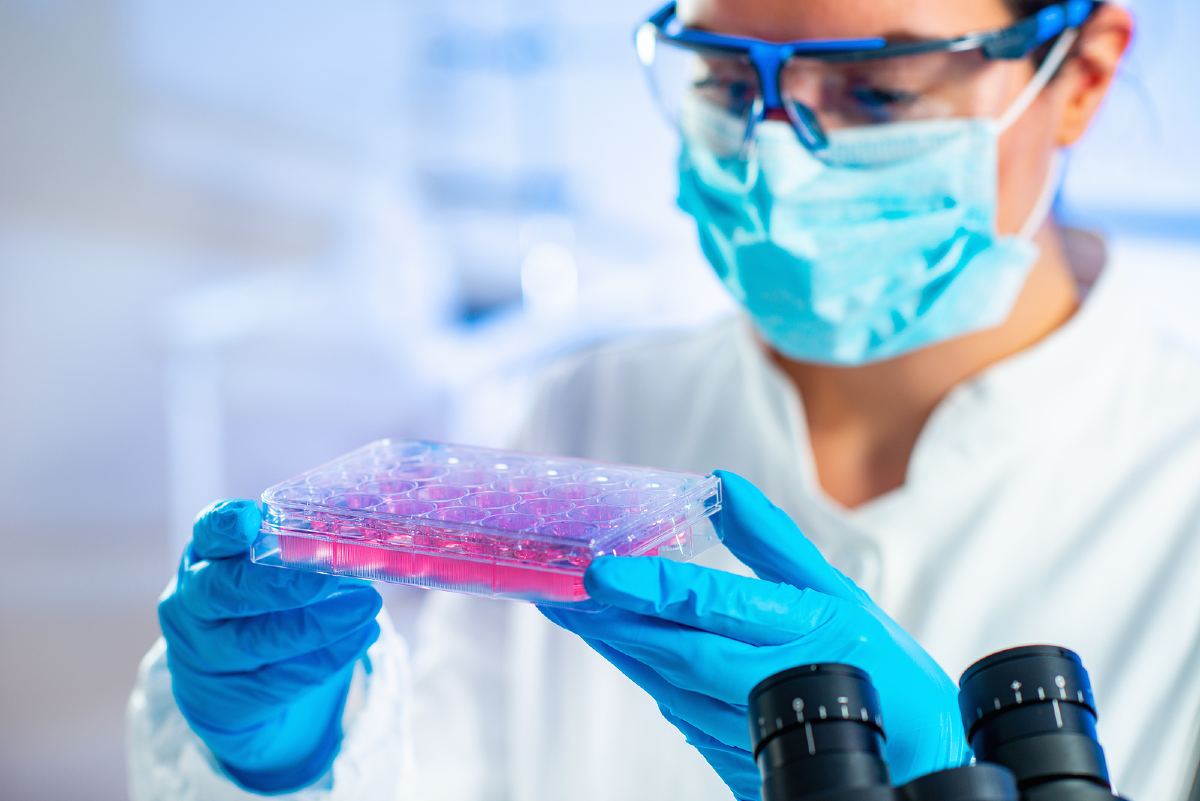
Stem cell experts relax call for abolition of 14-day rule
“Utter disregard for the value and dignity of human life,” say American politicians
As expected, the International Society for Stem Cell Research (ISSCR) has updated its guidelines for stem cell research. The marquee guideline is the relaxation of the limit of 14 days on how long a human embryo may be kept alive in a lab.
According to the ISSCR the update reflects emerging advances including stem cell-based embryo models, human embryo research, chimeras, organoids, genome editing and ectogenesis.
Even though these recommendations do not have the force of law, they are very influential and pressure will mount in key countries like the UK, the US and Australia to amend or abolish the 14-day rule. Bioethicists have been calling for a revision in a number of journals over the past few years.
Until recently, the 14-day rule was impossible to break because embryos could not be kept alive longer than 11 or 12 days. But recently, two separate research teams in China announced that they had grown primate embryos in vitro for 20 days, opening up tantalising new prospects for stem cell scientists.
The update is the result of a two-year collaboration with 45 international experts in stem cell science, ethics, and law, and was peer-reviewed by scientists and ethicists from 14 countries. They conducted over 100 Zoom meetings.
“The 2021 update presents practical advice for oversight of research posing unique scientific and ethical issues for researchers and the public,” says Robin Lovell-Badge, a prominent UK stem cell researcher. “They provide confidence to researchers, clinicians, and the public alike that stem cell science can proceed responsibly, ethically, and remain responsive to public and patient interests.”
Strictly speaking, ISSCR has no authority to change rules. But is it recommending that scientists persuade people that his controversial research is necessary, safe and ethical.
But the ISSCR’s announcement was quickly criticised (and not just by religious groups, as Lovell-Badge’s explanatory article in Nature suggested).
Stem cell blogger Paul Knoepfler, a long-time member of the ISSCR, argues that an open-ended guideline is foolish. “To me a new 21-day rule would make the most sense for a few years to see how work proceeds and learn from the experiences with the somewhat later embryos. Then revisit the limit.”
Canadian feminist bioethicist, Francoise Baylis, wrote in The Conversation that:
The decision to jettison the established 14-day rule is a mistake. There is good reason to recommend public discussion and debate on the merits of this rule. There is no legitimate reason, however, for this discussion to focus narrowly on extending the research time limit. For example, an equally legitimate public conversation could be had about shortening instead of lengthening the time frame for permitted research.
More importantly, there is no legitimate reason to have removed the 14-day rule in advance of any public engagement that might endorse the existing limit or advocate an alternative policy. Doing so changes the facts on paper and potentially also in practice.
Two Republican members of the US Congress, Representative Chris Smith, from New Jersey, and Senator Mike Braun, of Indiana, were scathing.
“The ISSCR has shown an utter disregard for the value and dignity of human life,” said Rep. Smith. “Its previous rule allowing scientists to create and experiment on human embryos up to 14 days was already unethical and morally repugnant, but the ISSCR has now removed all restraint, allowing unborn humans at any stage of development to be experimented on, manipulated, and destroyed.”
Michael Cook is editor of BioEdge
Creative commons
https://www.bioedge.org/images/2008images/stem_cell_researcher_2.jpeg
14 day rule
isscr
stem cell research
zoom
- How long can you put off seeing the doctor because of lockdowns? - December 3, 2021
- House of Lords debates assisted suicide—again - October 28, 2021
- Spanish government tries to restrict conscientious objection - October 28, 2021
